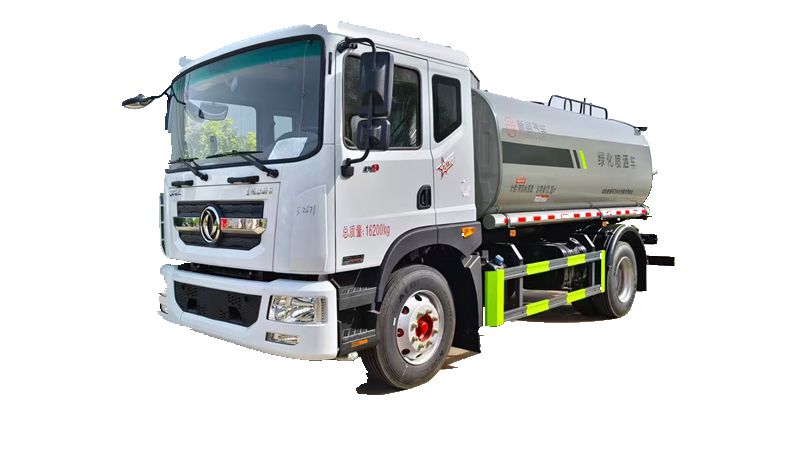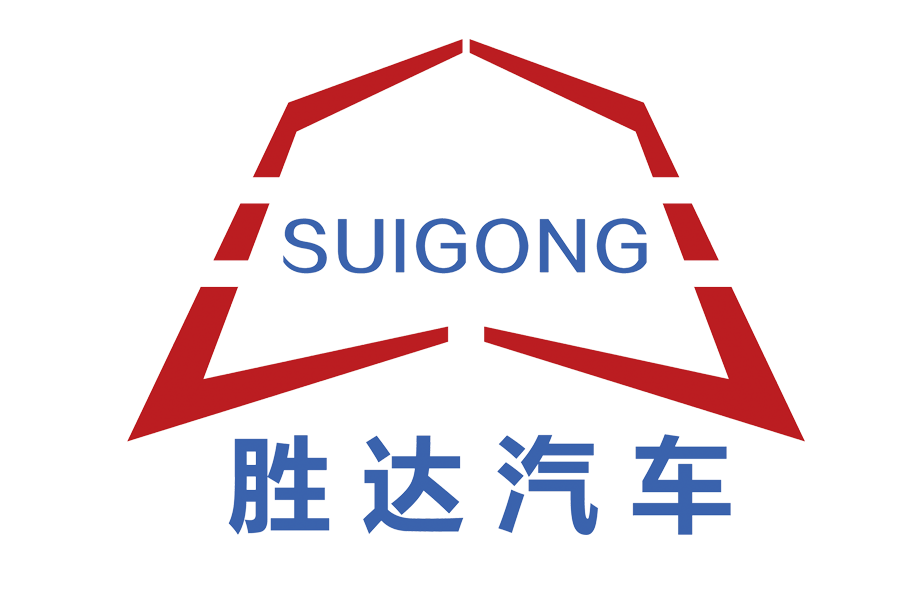Sprinkler trucks are venturing into uncharted territories, taking on roles in environmental protection and agricultural advancement. With innovative adaptations and targeted applications, these workhorses are proving their value in addressing modern challenges beyond traditional urban maintenance.

Tackling Microplastic Pollution in Urban Areas
As microplastic contamination becomes a growing concern, cities are turning to modified sprinkler trucks to help reduce these tiny pollutants in public spaces. In Amsterdam, the Netherlands, a pilot project equips sprinkler trucks with specialized filters that capture microplastics while watering parks and streets. The filters trap microplastics from tire wear and debris, preventing them from washing into storm drains and waterways. Initial tests show that each truck can collect up to 2 kilograms of microplastics monthly, providing valuable data on pollution hotspots.
In Vancouver, Canada, sprinkler trucks are used to apply a biodegradable coating to high-traffic roads. The coating binds to loose microplastics, preventing them from becoming airborne or entering water systems. Environmental scientists monitoring the project report a 28% reduction in microplastic levels in nearby soil samples after six months.
Supporting Precision in Smart Agriculture
Beyond urban limits, sprinkler trucks are playing a role in the evolution of smart farming. In California’s Central Valley, farmers are using specially designed sprinkler trucks equipped with soil sensors and GPS mapping to deliver (precision irrigation) to orchards and vineyards. The trucks adjust water flow based on real-time soil moisture data, ensuring crops receive exactly what they need. This approach has reduced water usage by 32% while increasing yields by an average of 15% for participating farms.
In rural Japan, sprinkler trucks are integrated with drone technology to support rice cultivation. Drones survey fields to identify areas needing more water, and the trucks then target those zones, optimizing resource use. “It’s a perfect blend of old and new technology,” says a farmer in Hokkaido. “The trucks provide the water, and the drones tell them where to go.”
Innovative Water Treatment for Reuse
Sprinkler truck operators are finding creative ways to source and treat water for more sustainable operations. In Berlin, Germany, a fleet of sprinkler trucks is fueled by water from urban wetlands. The water undergoes natural filtration through wetland plants before being pumped into the trucks, reducing the need for chemical treatments. This system not only provides a renewable water source but also supports wetland ecosystems.
In Dubai, United Arab Emirates, where freshwater is scarce, sprinkler trucks use advanced desalination technology mounted directly on the vehicles. The on-board systems convert seawater to usable water for street cleaning and landscaping, reducing reliance on municipal water supplies. “We’re turning a challenge into an opportunity,” explains a water resource manager.

